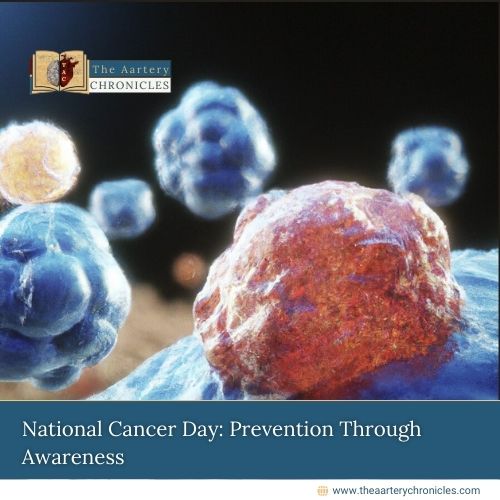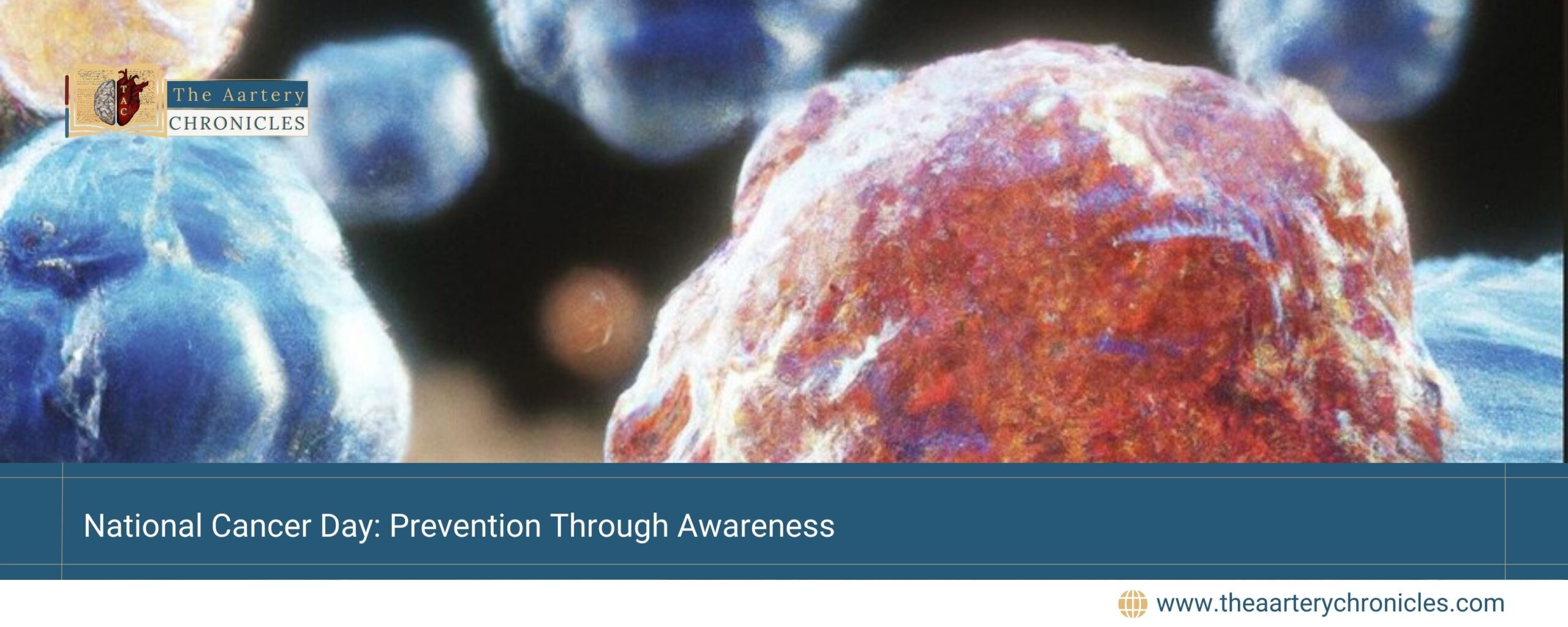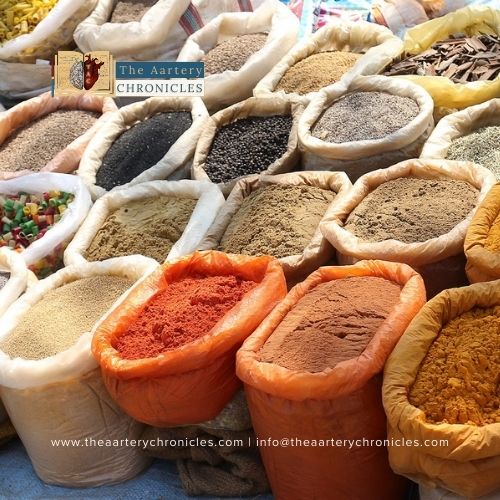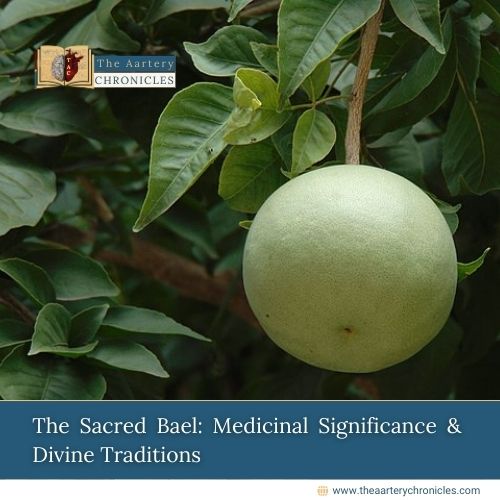

National Cancer Day: How Awareness Can Drive Cancer Prevention and Health
National Cancer Awareness Day
National Cancer Awareness Day is annually observed on November 7th in India. It emphasizes the importance of spreading awareness about cancer and highlighting the significance of early detection, timely intervention, and prevention.
Dr. Harsh Vardhan, former Union Minister of Health and Family Welfare, proposed the initiative in 2014. Later, the date to observe this day was chosen to align with Marie Curie’s birth anniversary. Curie is a pioneering scientist well-known for her groundbreaking work in cancer treatment and radioactivity.
Significance of National Cancer Awareness Day
- Awareness:
- The day aims to raise awareness and educate the public about
- Several cancer types
- Symptoms of cancer
- Their factors of risk
- The importance of early detection
- Need for Awareness: Around 50% of cancer cases are diagnosed at an advanced stage in India. This substantially reduces treatment options and rates of survival.
2. Importance of healthy lifestyles
The National Cancer Awareness Day promotes the adoption of a healthier lifestyle to prevent cancer. Some of the key lifestyle changes include:
- Staying away from alcohol and tobacco consumption
- Consuming fruits, and vegetables, and maintaining a balanced diet
- Indulging in physical activities regularly
- Getting recommended vaccinations such as hepatitis B and HPV
3. Regular Screenings: It is important to get regular check-ups and screenings done particularly for cancers such as breast, colorectal, and cervical. As early detection may significantly increase the rates of successful treatments.
Statistics Of Cancer
The Statistics offer insights into the incidence, prevalence, and mortality rates related to various cancer types globally.
The most prevalent types of cancer globally are:
- Breast Cancer
- Colorectal Cancer
- Lung cancer
Global cancer statistics:
- As per 2022 data, there were around 20 million new cancer cases, and worldwide deaths related to cancer were 9.7 million.
- It is estimated that cancer cases will surge to 29.9 million by the year 2040.
Incidence and Survival – Global Trends
- The relative survival rate for cancer in children was found to be improved from 58% in the 1970s to 85%, in 2012-2018 years.
- The rate went from 68% to 86% in adolescents.
Cancers with high survival rates are:
- Melanoma
- Testicular cancer
- Prostate cancer
- Thyroid cancer
Cancers that are known to have low survival rates are:
- Liver
- Pancreatic
- Esophageal
Cancer in India
- In India around 7 lakh new cases are reported every year.
- At any given point in time, India is believed to have approximately 20 to 25 lakh patients with cancer.
Common cancers in India are:
- Females:
- Cervix uteri
- Breast
- Ovarian cancers
- Males:
- Oral
- Stomach
- Lung cancers
The consumption of tobacco is the most common and significant factor of risk for cancer in India and it contributes to around 50% of cancers for males and 25% for females.
Cancer survival rates in India
Cancer survival rates in India reflect the challenges mainly regarding early detection and access to proper treatment.
- For breast cancer, the five-year survival rate was 66.4 %
- 51.7% for cervical cancer with some variations depending on the region and stage of diagnosis.
- Liver cancer has particularly low survival rates at 4% over 5 years in India whereas it is in other countries it is around 10-20%
Conclusion
National Cancer Awareness Day is a significant reminder of the ongoing fight against cancer. By raising awareness, educating the public, supporting preventive strategies, and highlighting the significance of early detection, this day plays a crucial role in an effort to improve cancer outcomes.









